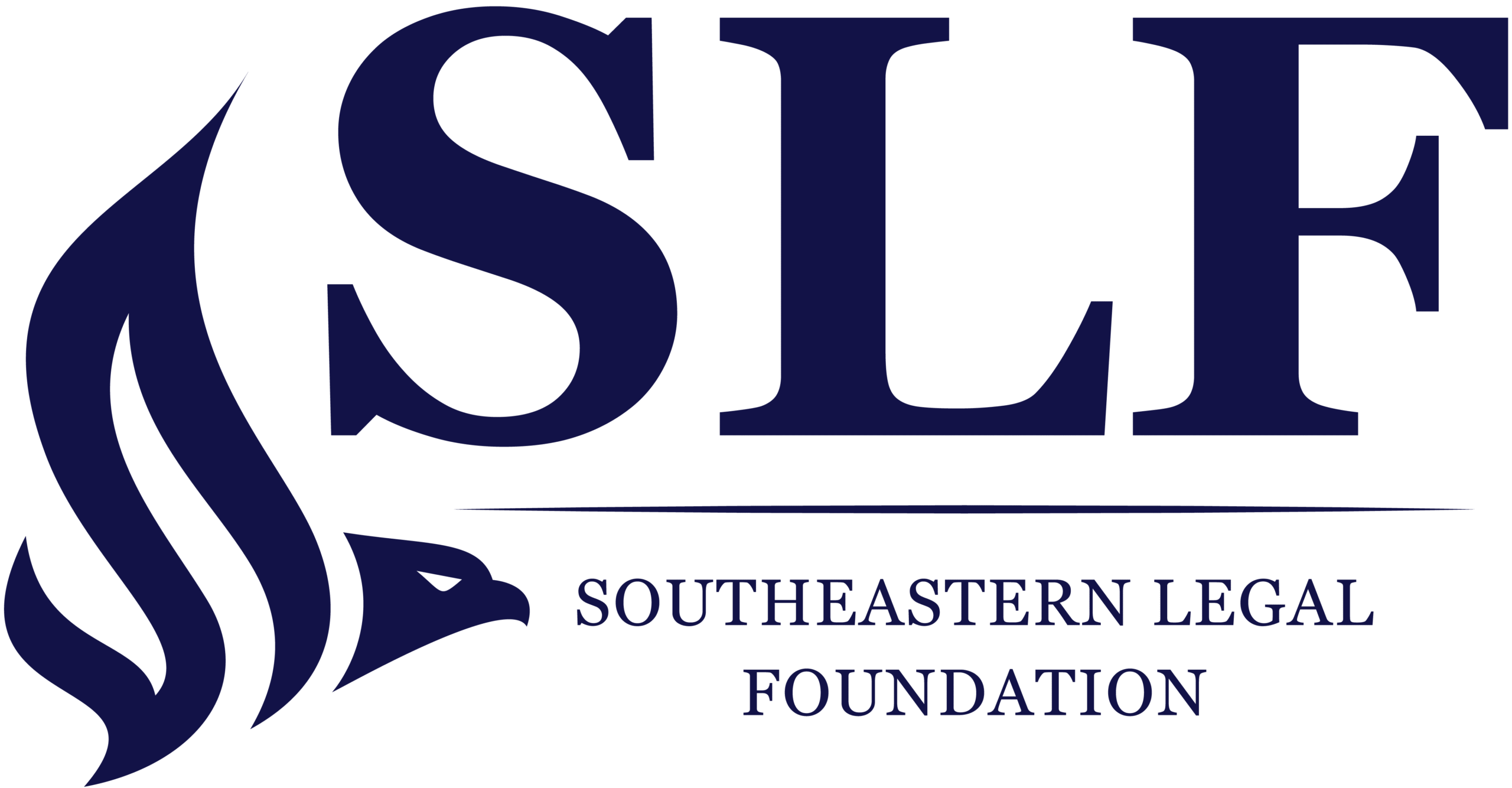WASHINGTON, DC (October 13, 2023): The United States Supreme Court today accepted a case that Southeastern Legal Foundation (SLF) along with the Defense of Freedom Institute, urged it to take. The case—Relentless, Inc. v. U.S. Dept. of Commerce—concerns two small commercial fishing businesses and a power grab by the National Marine Fisheries Service (NMFS).
This case is similar to the case of Loper Bright v. Raimondo, another case accepted by the Supreme Court in which SLF also urged the halting of agency abuse. The two cases concern Herring fishermen and the NMFS’s requirement that they not only have federal employees on their boats serving as “observers” to watch for fishing violations, but pay the federal government for those federal government employees. NMFS argued that the rule was necessary because the agency had run out of money and thus, couldn’t afford to pay for the “observers.” Even though Congress never gave NFMS the power to impose these requirements, the lower courts ruled that because they were obligated to defer to NMFS’s own interpretation of its permissible powers, NMFS could impose the requirements.
In the amicus brief filed, SLF and DFI asked the Supreme Court to reject the notion that courts had an obligation to defer to a federal agency’s own legal interpretations and conclusions about the scope of its own powers. Under so-called “Chevron deference,” agency interpretations are granted wide latitude by courts when they enact rules. In cases like this one, where the agency successfully convinces the lower court to apply such deference, the agency making the rule gets to decide whether it had the power to make the rule in the first place. Such unfettered power is ripe for abuse and contrary to our Constitution.
America designed a system of government that divided power on purpose. Allowing executive branch agencies to evade funding appropriations that are supposed to be made by Congress, and then pass those costs off to regulated parties violates separation of powers principles. When questions surrounding agency authority reach the courts, legal questions ought to be considered by the courts without any judicial deference for the governmental party.
Director of Litigation from SLF Braden Boucek states, “It is up to the American people through their elected representatives to decide how much money this agency should have. No executive branch agency should hold the power of the purse or patch budget holes by passing them off to the people they police. Courts are essential when the government oversteps.”
SLF’s efforts in this case are part of a larger effort to protect American fishermen from regulatory overreach. SLF also filed comments challenging the authority to set a speed limit and curfew on boaters in the Florida Gulf, a move criticized by SLF as “illegal and unconstitutional.”
Download press release.
